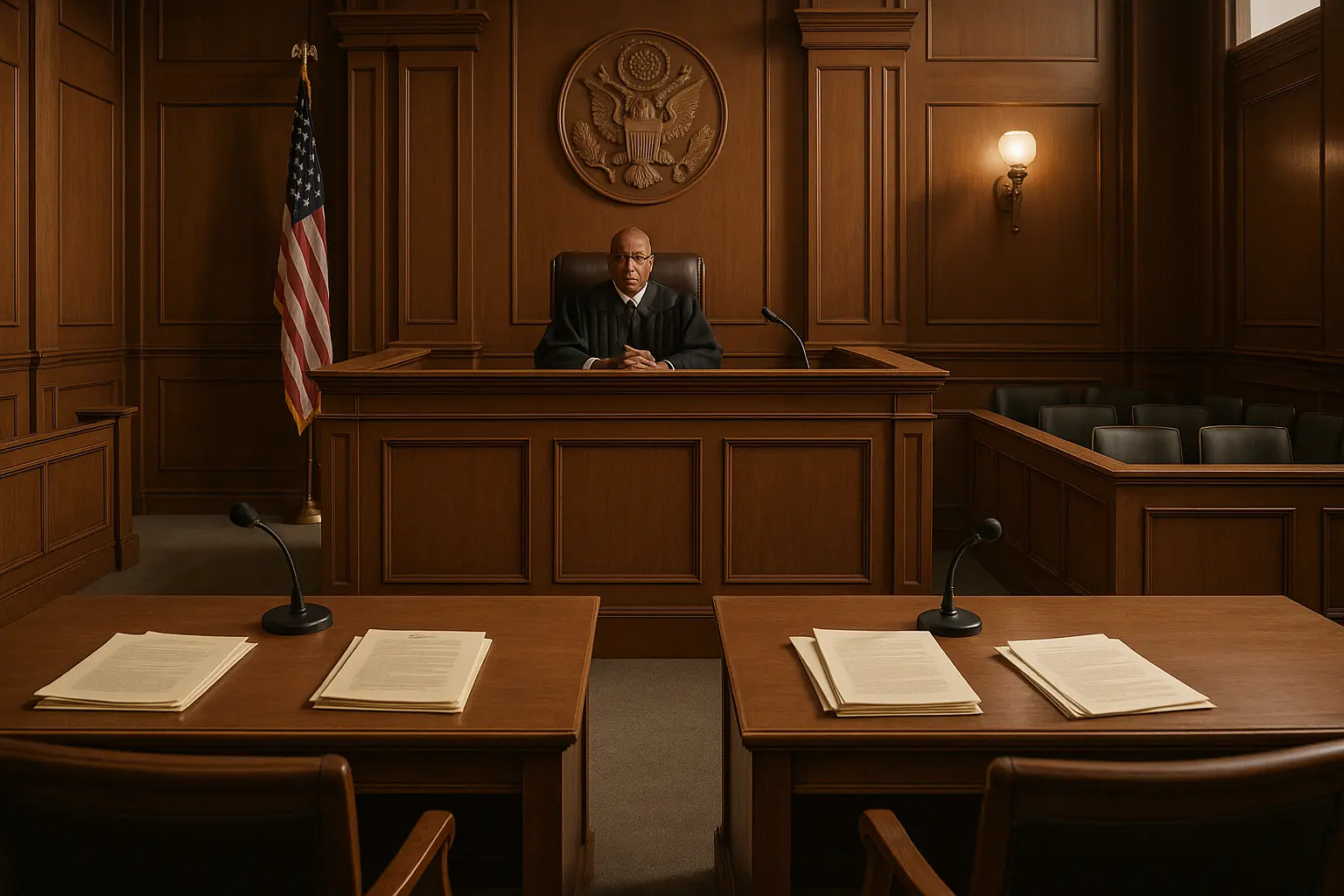
A felony conviction represents one of the most serious outcomes in the American criminal justice system, carrying consequences that extend far beyond the courtroom. For individuals facing felony charges or those seeking to understand the implications of such convictions, it's crucial to comprehend what constitutes a felony, the legal processes involved, and the long-term impact on one's life.
At The H Law Group, we understand the gravity of felony charges and are committed to providing expert legal representation to protect your rights and future.
A felony is traditionally defined as a serious crime punishable by imprisonment for more than one year, typically served in state or federal prison rather than county jail. Unlike misdemeanors, which are considered lesser offenses, felonies are classified as high-severity crimes that pose significant harm to individuals or society. The distinction between felonies and misdemeanors is crucial, as felony convictions carry much harsher penalties and long-lasting consequences.
Felonies are typically categorized into different classes or degrees, depending on the jurisdiction. In many states, these classifications range from Class A or Class 1 felonies (the most serious) to Class E or Class 5 felonies (the least serious among felonies). Class A felonies often include crimes like first-degree murder, rape, and kidnapping, which may carry life sentences or even the death penalty in some states. Meanwhile, lower-class felonies might include certain drug offenses or property crimes that still warrant significant punishment but are less severe than the most serious violent crimes.
Understanding the various categories of felony offenses helps illustrate the breadth of serious crimes that can result in felony convictions. The most common types include:

The journey through the felony legal process is complex and involves multiple stages, each with its own procedures and potential outcomes. Understanding this process is essential for anyone facing felony charges.
The process typically begins with an arrest, either through a warrant or when law enforcement has probable cause to believe a felony has been committed. Following arrest, the defendant must appear before a judge within 24-72 hours for an initial appearance or first appearance. During this hearing, the judge informs the defendant of the charges, reads their constitutional rights, and makes decisions about bail. The bail amount is determined based on factors including the severity of the offense, the defendant's criminal history, community ties, and flight risk.
The arraignment follows, where the defendant enters a formal plea of guilty, not guilty, or no contest. At this stage, it's crucial to have experienced legal representation, as the decisions made can significantly impact the case's outcome. Missing court dates during this process can result in additional charges and complications.
For felony cases, the prosecution must establish probable cause through either a preliminary hearing or grand jury proceedings. During a preliminary hearing, a judge determines whether sufficient evidence exists to proceed with the case. Alternatively, a grand jury may review the evidence and decide whether to issue an indictment formally charging the defendant with a felony.
Pre-trial motions represent a critical phase where defense attorneys can challenge evidence, request dismissals, or seek to suppress illegally obtained evidence. This stage often determines which evidence can be presented at trial and can significantly impact the case's strength.
If the case proceeds to trial, both the prosecution and defense present their cases before a judge or jury. The prosecution bears the burden of proving guilt "beyond a reasonable doubt," the highest standard of proof in the legal system. The defense may present various strategies, including challenging the evidence, providing alternative explanations, or asserting affirmative defenses.

The immediate consequences of a felony conviction typically include imprisonment, substantial fines, probation, and court-ordered restitution to victims. However, the long-term collateral consequences often prove more challenging and enduring than the initial punishment.
Effective defense against felony charges requires experienced legal representation and a thorough understanding of available defense strategies. Common defense approaches include:
For cases involving domestic violence, DUI offenses, or traffic violations that have escalated to felony charges, specialized defense strategies may apply.
While a felony conviction carries serious consequences, there are legal remedies that may help minimize its long-term impact:
Given the complexity of felony cases and their far-reaching consequences, securing experienced legal representation is crucial. At The H Law Group, our criminal defense attorneys understand the intricacies of felony law and are committed to providing vigorous defense for our clients. We recognize that every case is unique and requires a tailored approach based on the specific circumstances and evidence involved.
Our team has extensive experience handling all types of felony cases, from violent crimes to white-collar offenses. We work tirelessly to protect our clients' rights throughout the legal process, from the initial arrest through trial and beyond. Our goal is not only to achieve the best possible outcome in court but also to help minimize the long-term impact of criminal charges on our clients' lives.
Whether you're facing felony charges or seeking to understand your legal options after a conviction, The H Law Group is here to help. We offer comprehensive legal services and will fight to protect your rights, freedom, and future. Don't face felony charges alone – contact our experienced criminal defense team today for a consultation and learn how we can help protect your interests throughout this challenging time.
Remember, being charged with a felony doesn't mean you're guilty, and you have the right to a strong defense. With proper legal representation and a thorough understanding of your options, it's possible to navigate the criminal justice system effectively and work toward the best possible outcome for your case.